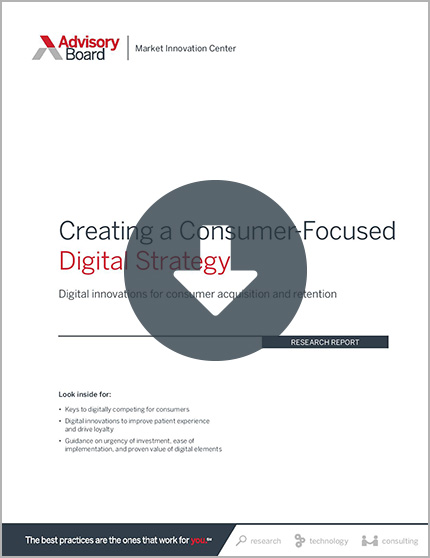Auto logout in seconds.
Continue LogoutTrying to perform a tough task? Be wary: Your smartphone could distract you—even if it's simply sitting face-down on a table near you, according to a recent study, Kristen Duke and colleagues write in the Harvard Business Review.
About the study
For the study, Duke, a Ph.D. candidate in marketing at the University of California-San Diego, and colleagues asked almost 800 people to perform a series of complex cognitive tasks: solving math problems while also memorizing random letters, for instance, or looking at incomplete patterns and identifying an image to complete the pattern. According to the researchers, performance on these kinds of tasks is influenced by the availability of a participant's mental resources.
Before the participants began, they were asked to do one of three things with their smartphone: place it face-down in front of them, leave it in their pocket or bag, or place it in another room. In all cases, the phones had alerts and vibration turned off.
The results? The more accessible their smartphones, the worse participants performed. Individuals whose phones were in another room performed best, while those who had their phones face-down in front of them performed the worst. The results held even when the phones were turned off entirely.
In other words, "merely having their smartphones out on the desk led to a small but statistically significant impairment of individuals' cognitive capacity—on par with effects of lacking sleep," the researchers wrote.
How to avoid smartphone distraction
The researchers wrote that this study shows that "the mere presence of our smartphones can adversely affect our ability to think and problem-solve—even when we aren't using them."
As for why the phenomenon occurs, the researchers suggest that "the costs of smartphones are inextricably linked to their benefits." We come to rely on our smartphones because they provide such enormous benefits—essentially, putting the world's knowledge and all of our friends at our fingertips. But humans naturally learn to pay close attention to objects that provide such value. As such, the researchers suggest, having a smartphone nearby "is like [hearing] the sound of our names—they are constantly calling to us, exerting a gravitational pull on our attention."
To avoid this trap, the researchers suggest that, when you're performing cognitively challenging tasks, you should simply put your smartphone away—preferably in another room entirely.
And what works for one person could be even more powerful for a team, the researchers suggest: "[H]aving meetings without phones present can be more effective," they write, "boosting focus, function, and the ability to come up with creative solutions" (Duke et. al., Harvard Business Review, 3/20).
Don't miss out on the latest Advisory Board insights
Create your free account to access 1 resource, including the latest research and webinars.
Want access without creating an account?
You have 1 free members-only resource remaining this month.
1 free members-only resources remaining
1 free members-only resources remaining
You've reached your limit of free insights
Become a member to access all of Advisory Board's resources, events, and experts
Never miss out on the latest innovative health care content tailored to you.
Benefits include:
You've reached your limit of free insights
Become a member to access all of Advisory Board's resources, events, and experts
Never miss out on the latest innovative health care content tailored to you.
Benefits include:
This content is available through your Curated Research partnership with Advisory Board. Click on ‘view this resource’ to read the full piece
Email ask@advisory.com to learn more
Click on ‘Become a Member’ to learn about the benefits of a Full-Access partnership with Advisory Board
Never miss out on the latest innovative health care content tailored to you.
Benefits Include:
This is for members only. Learn more.
Click on ‘Become a Member’ to learn about the benefits of a Full-Access partnership with Advisory Board
Never miss out on the latest innovative health care content tailored to you.

